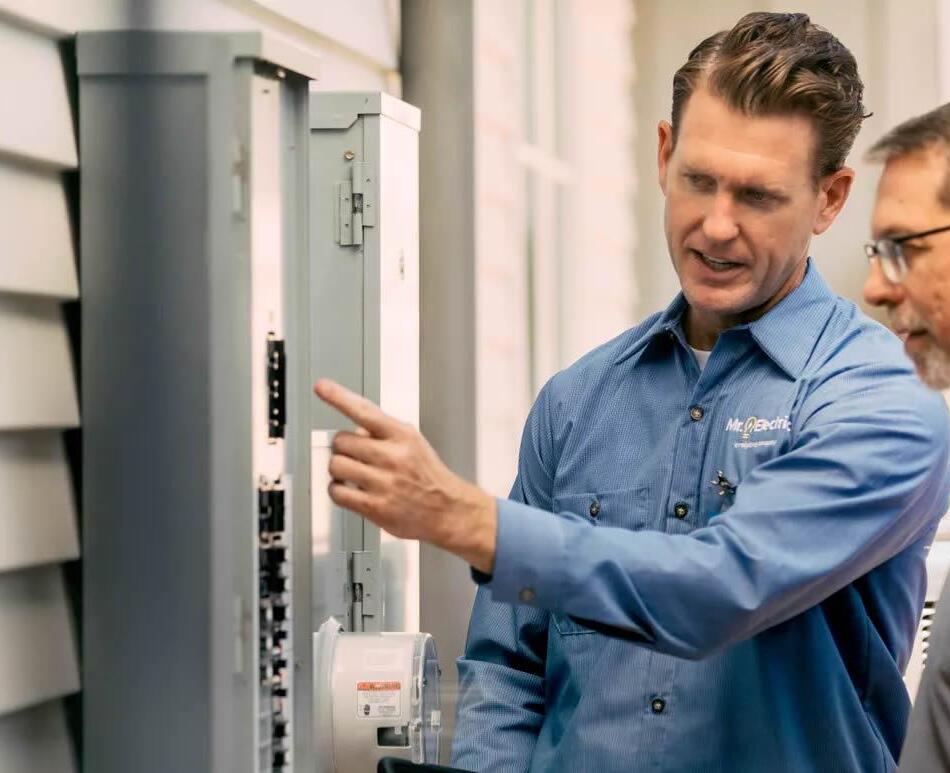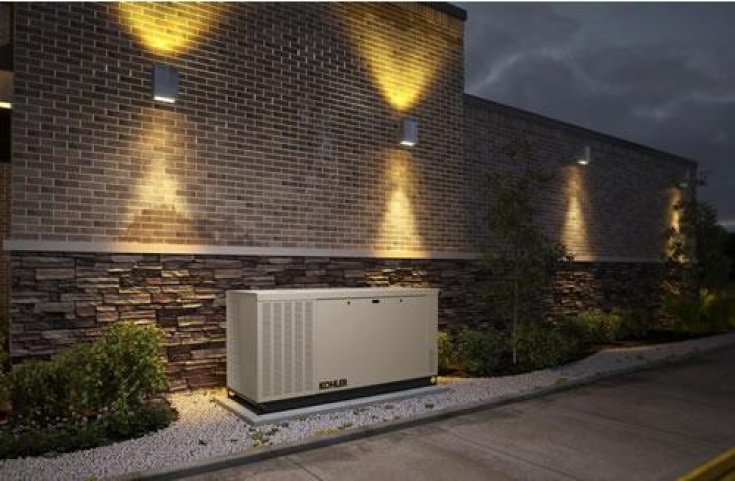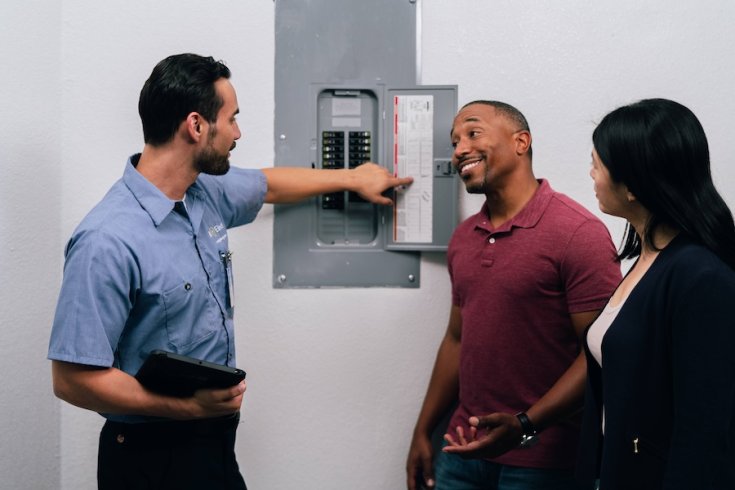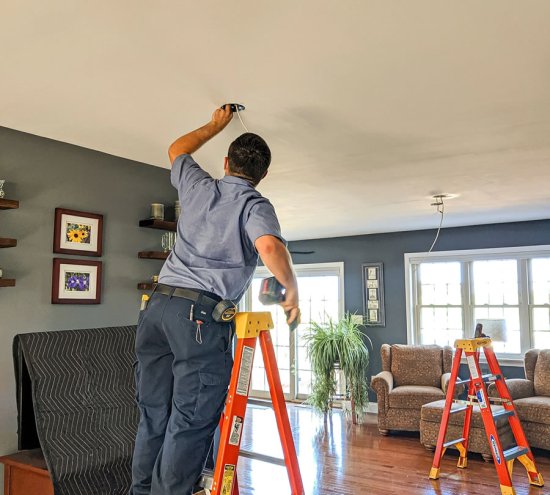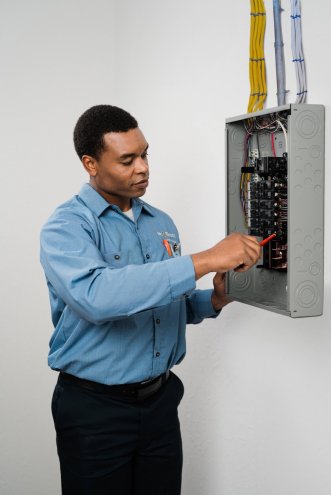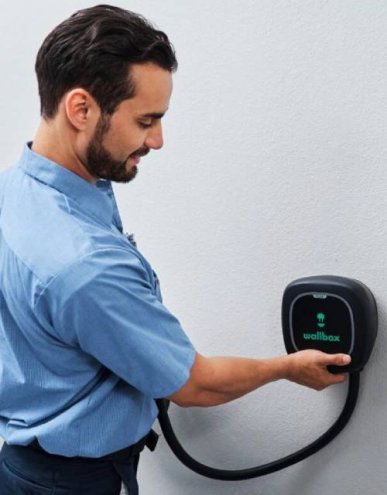If you’re building or renovating a commercial property, you might be aware that there is an electrical code that has to be complied with for various reasons. In this article, Mr. Electric helps you navigate electrical code compliance for commercial projects.
- National Electrical Code (NEC)
The National Electrical Code establishes guidelines that govern how electricians should handle electrical installations for both residential and commercial projects. The goal of these guidelines and regulations is to protect people and property from hazards associated with electrical work. If you’re undertaking electrical work in your commercial establishment, it’s important to work with an electrician who’s conversant with the National Electrical Code. This will not only ensure your commercial project is compliant with the code, but it will also guarantee electrical safety. Whether you’re installing new wiring in an office building or setting up an emergency power system, make sure you work with a professional electrical service company.
The NEC provides clear guidelines and regulations governing the installation of grounding and bonding systems in commercial properties. Grounding and bonding safeguard against electrical overloads, damaged circuits, and stray voltage. These systems provide a safe route for stray current to escape into the ground, thereby providing protection against electrical shocks, electrical fires, and equipment damage. A commercial electrician with years of hands-on experience can help you ground electrical wires in both small commercial properties and large apartment complexes.
Overcurrent protection is an essential part of maintaining electrical safety in commercial properties. As the name suggests, an overcurrent occurs when too much current flows through a circuit. If there are no safety mechanisms in place, it can cause overheating, electrical shock, and a fire. That’s why the NEC provides regulations that govern overcurrent protection in commercial projects. You’re required to install appropriate circuit breakers to protect circuits from overloads and short circuits. The level of overcurrent protection required for commercial projects differs from residential projects in terms of size and types of protection devices. Moreover, the overcurrent devices must be coordinated properly to ensure they are effective. It’s best to work with a trusted electrical repair service to help you with overcurrent protection.
- Wiring Methods and Materials
Electrical code compliance for commercial projects has a lot to do with wiring methods and materials because these components form the backbone of an electrical system. Commercial electricians are required to use approved wiring methods to guarantee the safety of the installation. A good number of electrical fires that occur in commercial properties are related to improper wiring. A professional commercial electrician will ensure proper wire sizing for a commercial project and ensure the wiring is installed properly. Moreover, they will put in place protective mechanisms to keep the wiring in good shape and ensure it lasts as long as possible.
- Electrical Equipment Installation
Commercial electrical equipment, such as panelboards and switchgear, should be installed according to NEC requirements and manufacturers’ instructions. This ensures code compliance, guarantees safety, and ensures the longevity of your commercial electrical system.
Looking for a commercial electrician for your upcoming project? Get in touch with Mr. Electric.


